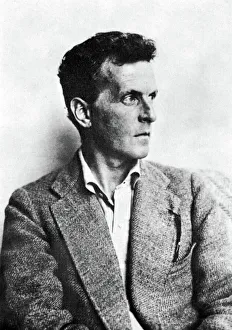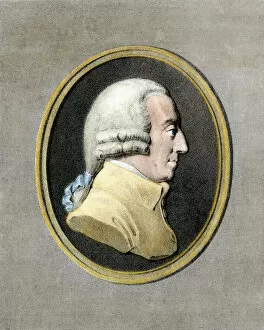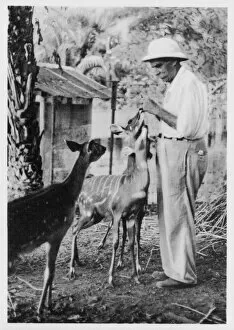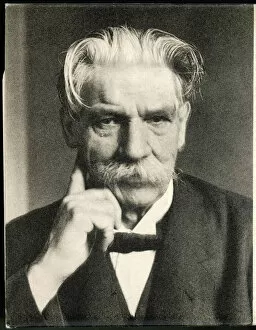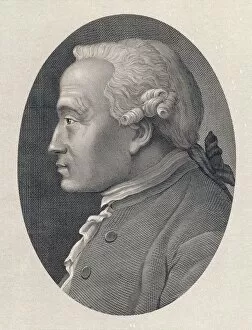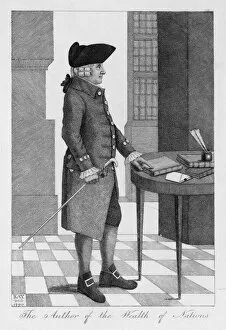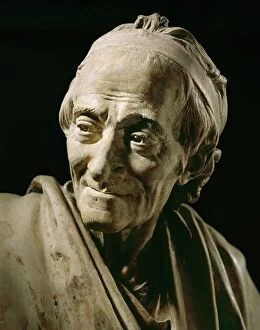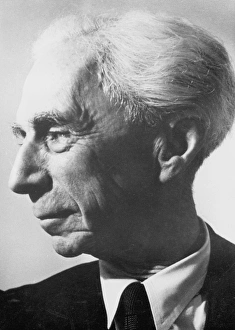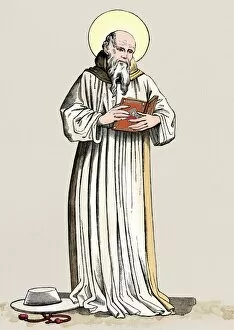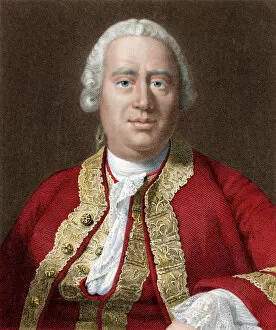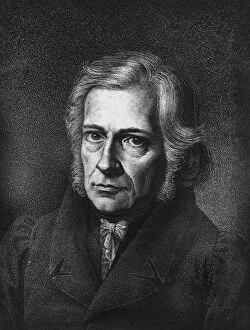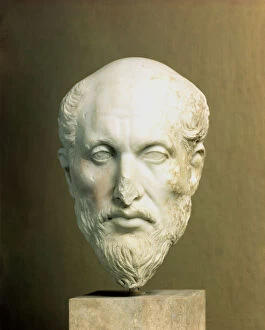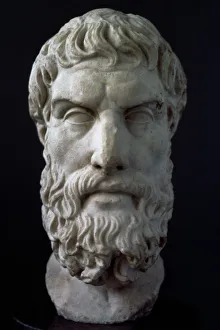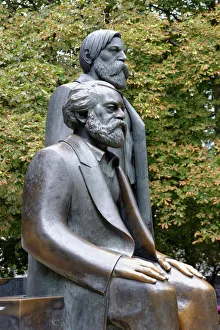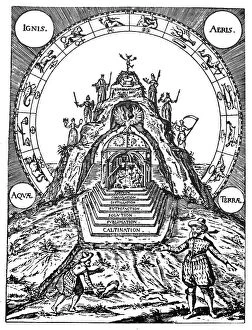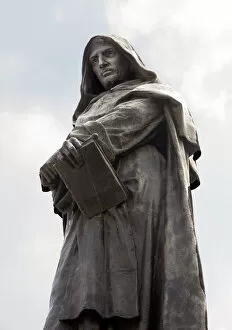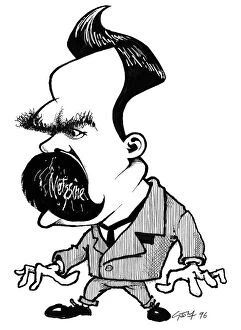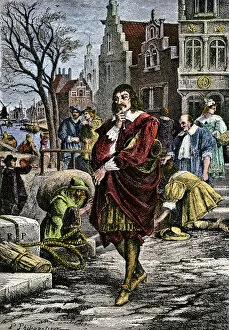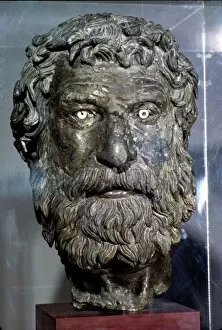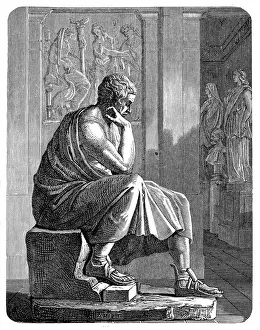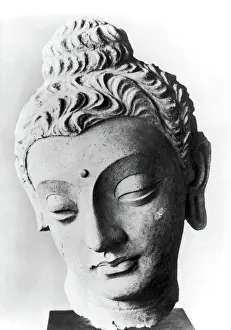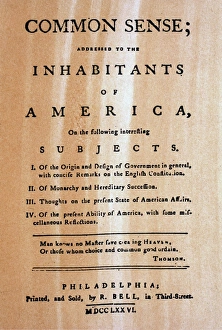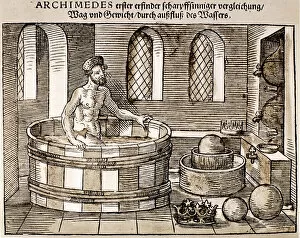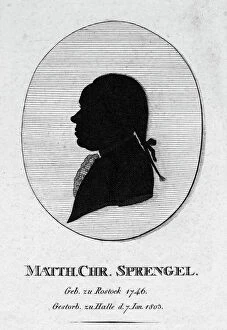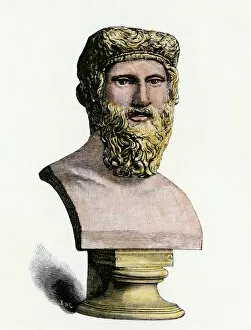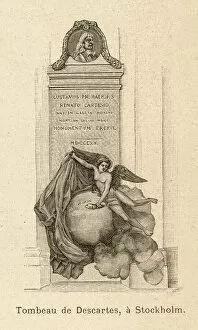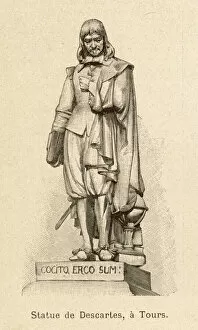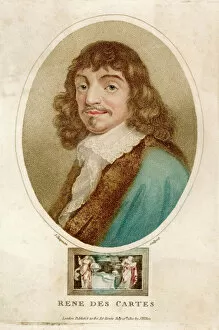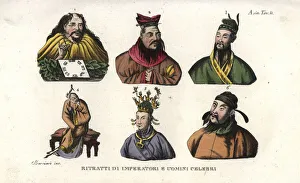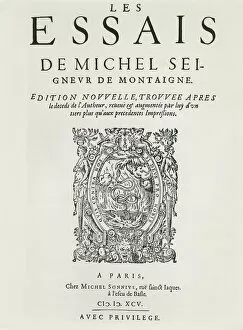Philosopher Collection (page 3)
In the vast realm of philosophy, great minds have shaped our understanding of the world and ourselves
All Professionally Made to Order for Quick Shipping
In the vast realm of philosophy, great minds have shaped our understanding of the world and ourselves. From Hegel's contemplation on history to Nietzsche's provocative ideas, philosophers have left an indelible mark on human thought. Ludwig Wittgenstein, known for his complex philosophical investigations, is often depicted as a caricature - a reflection of his enigmatic nature. His words challenged conventional wisdom and invited us to question the very foundations of language. The Emerald Tablet, also known as Tabula Smaragdina or Smaragdine Table, holds ancient wisdom that transcends time. Its cryptic verses speak of the unity between the microcosm and macrocosm, guiding seekers towards enlightenment. Jean-Paul Sartre and Simone de Beauvoir were not only intellectual powerhouses but also partners in life. A candid photograph captures them sharing a meal at a Parisian café in 1964 - their animated conversation echoing their profound philosophies on existentialism and feminism. David Hume, one of Scotland's most influential thinkers, delved into matters of knowledge and skepticism with wit and intellect. A satirical caricature portrays him with exaggerated features that mirror his sharp mind. Immanuel Kant revolutionized moral philosophy by emphasizing reason as the foundation for ethical decision-making. His categorical imperative urged individuals to act according to principles they would want universally applied. Iris Murdoch explored morality through her novels while simultaneously engaging in philosophical discourse. Her works examined themes such as love, virtue, and personal responsibility – inviting readers to reflect upon their own lives. Antonello da Messina's masterpiece "Saint Jerome in his Study" depicts a scene where solitude becomes fertile ground for deep contemplation. This painting encapsulates how philosophers throughout history sought solace within their studies to unravel life's mysteries. From ancient texts like The Emerald Tablet to modern-day intellectuals like Jean-Paul Sartre or Iris Murdoch.



